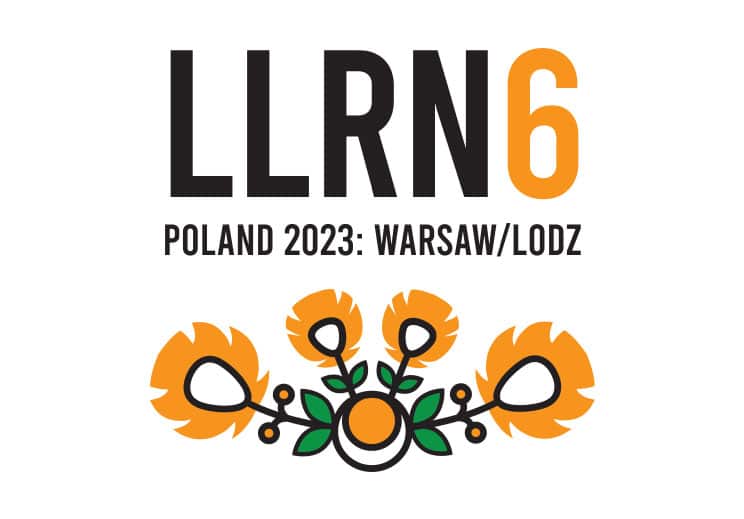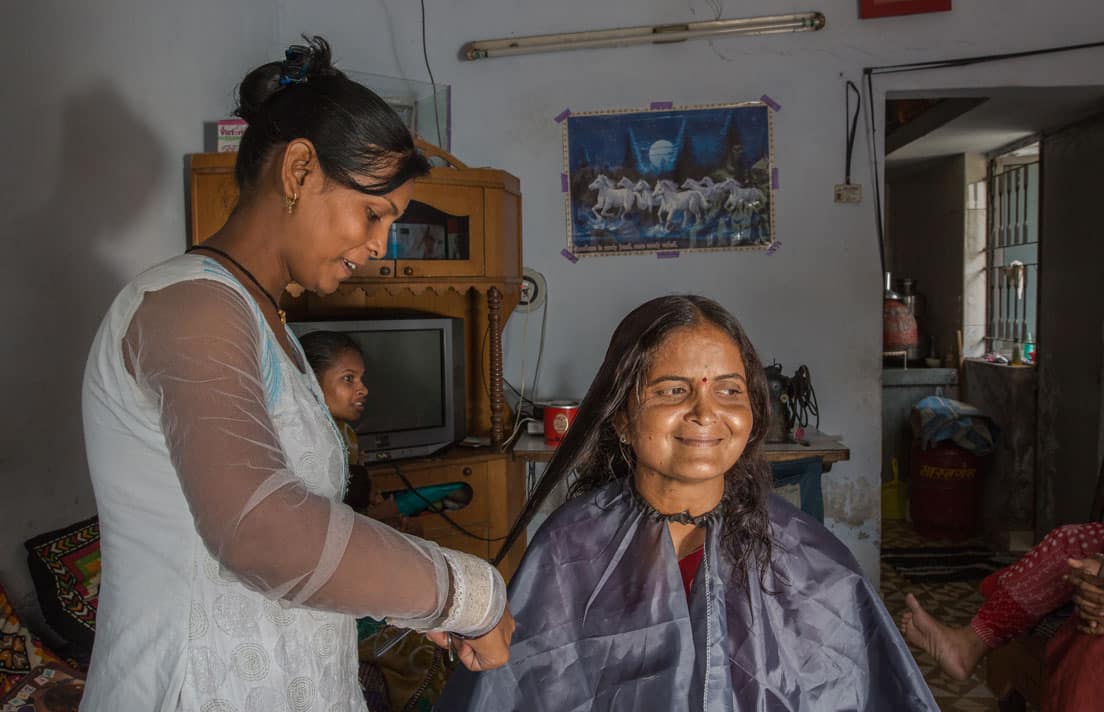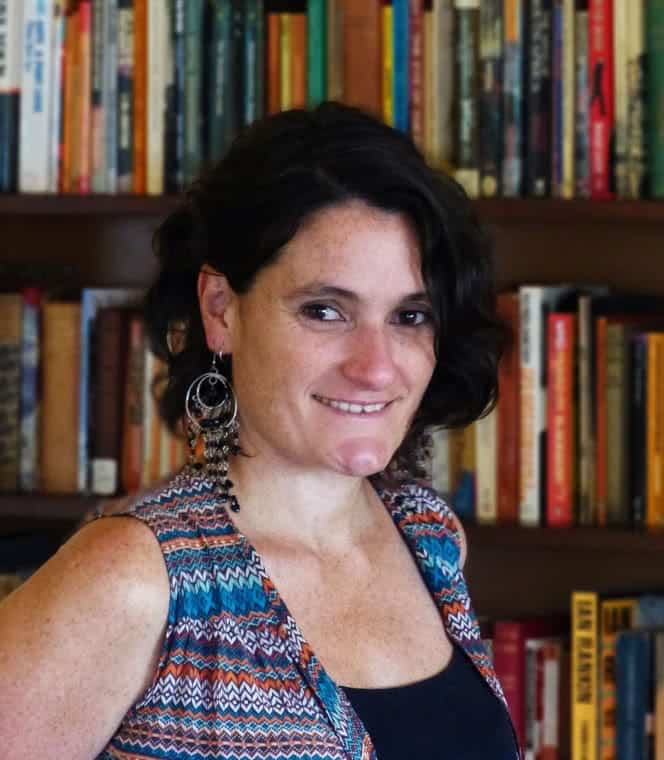The Informal Economy in Yogyakarta
WIEGO General Assembly participants had a chance to see how the informal economy operates in Yogyakarta. In November 2014, seven groups travelled to a different location. Here are brief write-ups and/or photos from each site.
Organization: Apikri – Cloth Batik Makers

Organization: Apikri – Batik Wood Producers
WIEGO researcher Mike Rogan reported on the visit:
At a batik wood producers workshop, the workers showed us the techniques that they use to make the products and answered our questions about the structure of the business and the final market places for the finished products. One interesting thing is that this particular workshop is linked with up to 300 women who make the products in groups of small cooperatives. The workshop operates through the Apikri organization (Trade Organisation for Empowering Micro Handicraft Community), which coordinates the activities of a network of cooperatives in order to give them greater market leverage and to connect them with fair trade initiatives in other countries
Organization: Apikri – Shadow Puppet Producers


Organization: JALA PRT – Domestic Workers School
The group that visited the domestic workers included Myrtle Witbooi (left), President of the International Domestic Worker’s Federation.
Organization: Yasanti – Yogyakarta’s Traditional Market Porters
 Leslie Vryenhoek, a writer with WIEGO, reflected on the visit:
Leslie Vryenhoek, a writer with WIEGO, reflected on the visit:
A group travelled to the Yasanti market in the heart of Yogyakarta to meet women from the large, traditional market porter community. The small women carry packages weighing up to 100 kilograms strapped to their backs. For each load, they are paid 3,000 rupiah. A woman might carry up to 25 loads every day, earning the equivalent of just over US $6/day.
The days vary in length, depending on the season and the woman, but often begin before dawn as the women take produce from trucks to market stalls and may continue well into the evening. Children are often left in the care of grandparents.
The Yasanti porters have been organizing since 1989—in 2008, their association expanded to other traditional markets. A membership costs 4 million rupias for membership, or the equivalent of about two months of an average porter’s pay. In return, members receive training in leadership skills and women’s rights, economic development support, and health/reproductive health education.
Many come from rural villages to the city to get work in the traditional market that exists in this Sultan’s kingdom. The role of market porter has often passed down for many generations. Though physically hard and
often low-paying, it brings prestige if one carries goods for the noble women. In Javanese culture, serving nobility is believed to confer blessings.
Organization: Apikri – Local Food Producers

At the foot of a volcano, a group of villagers prepare and package a range of food products from locally grown produce.

Organization: Gemah Ripah – Recycling Bank
Sonia Dias, WIEGO’s Waste Picker Sector Specialist, reflected on the visit.
The “Gemah Ripah” garbage bank is an example of recycling community project. It does not involve informal waste pickers but it involves a community of about 600 residents. The project is based on the 3Rs(Reduce, Re-use and Recycling ) and on a system of cash exchange for recyclables brought by the residents to the garbage bank. In addition to promoting source segregation of recyclables, the project focuses also on organic composting and production of biodiesel. The initiative is aimed at promoting environmental education and generation of income for local people.



